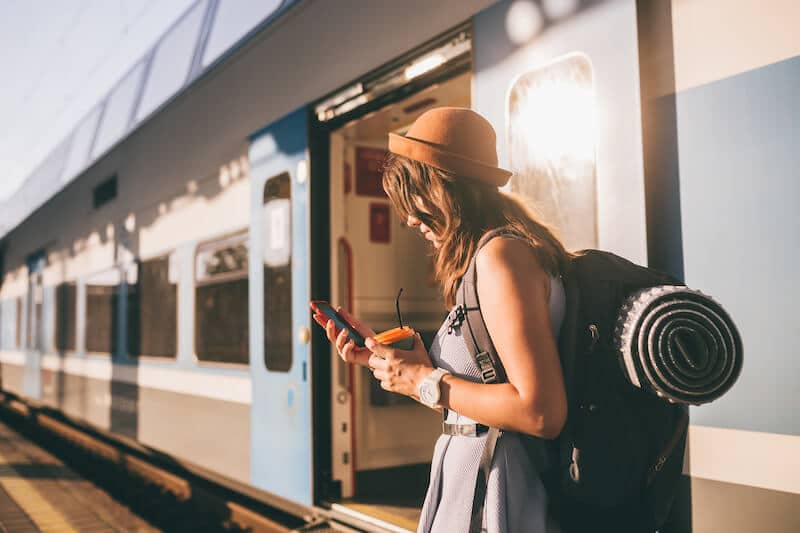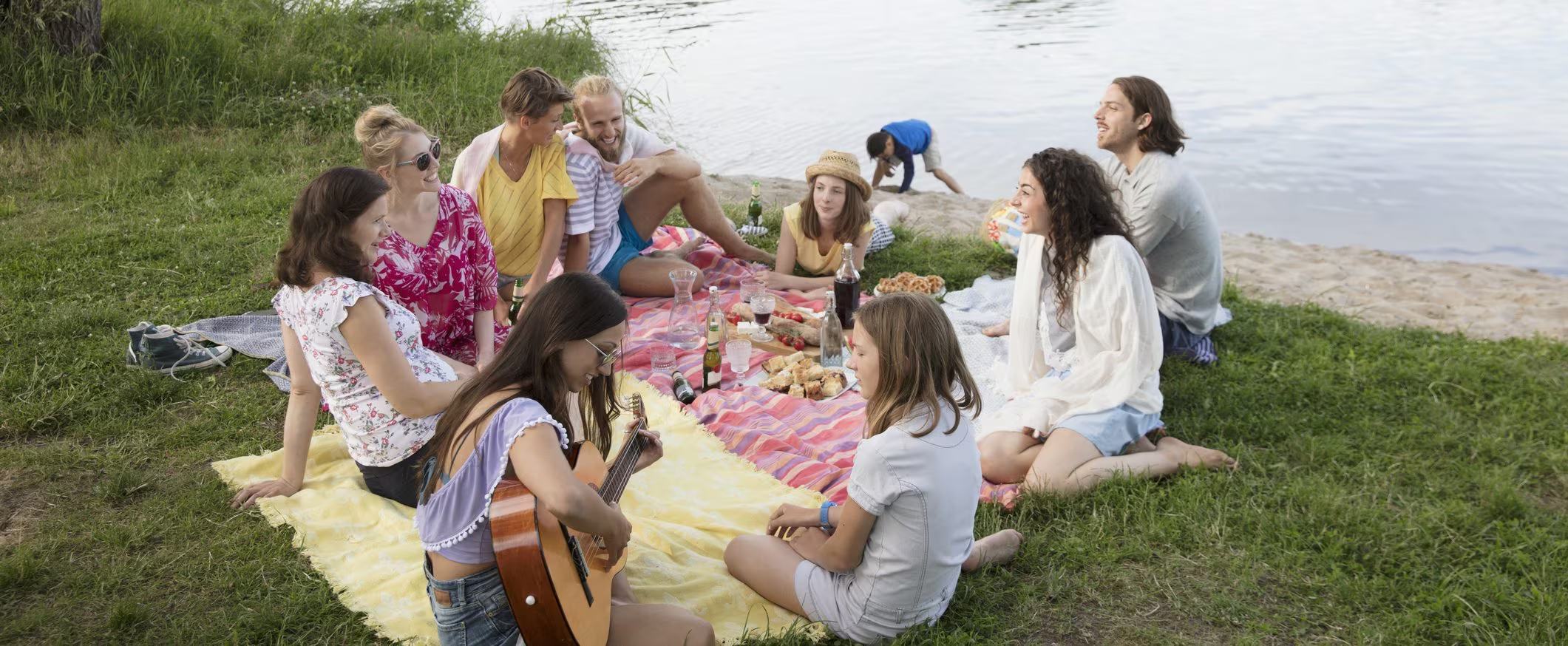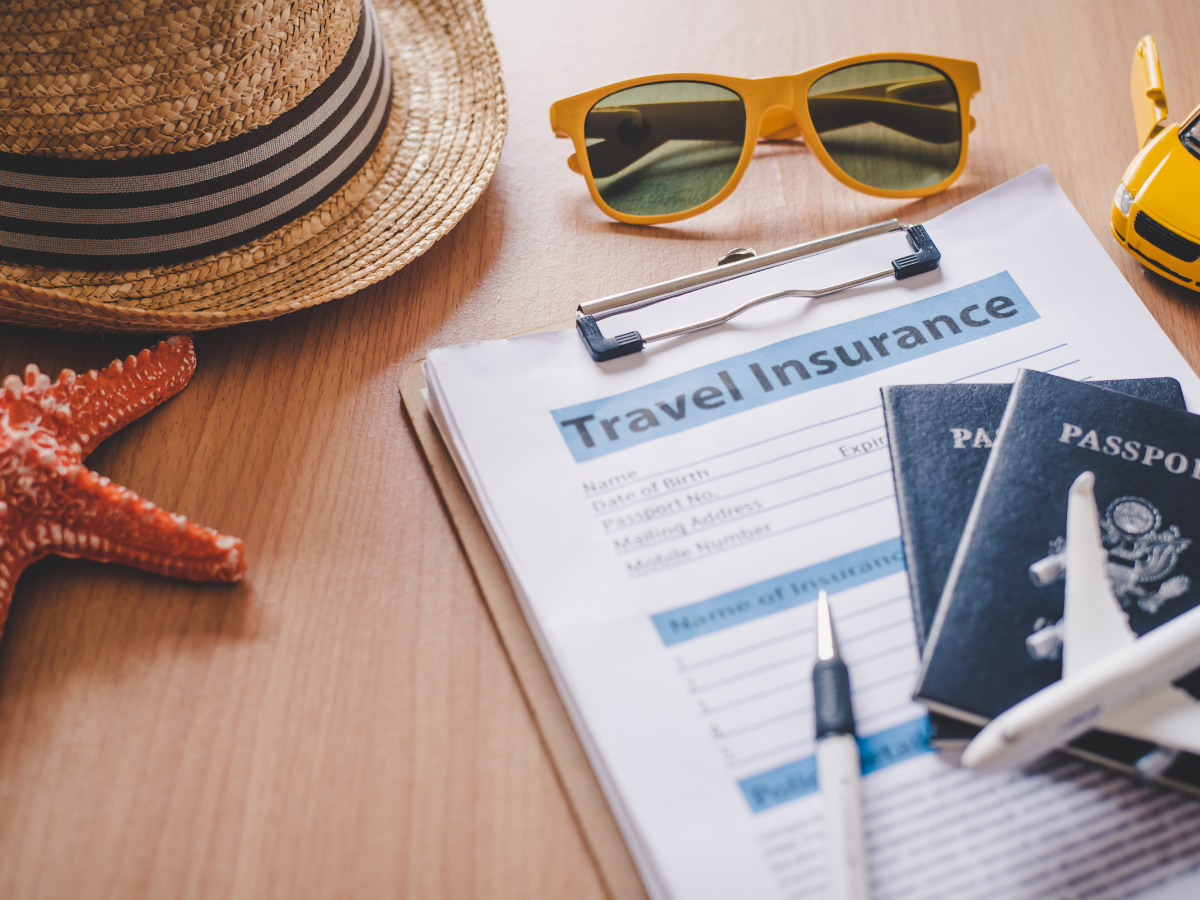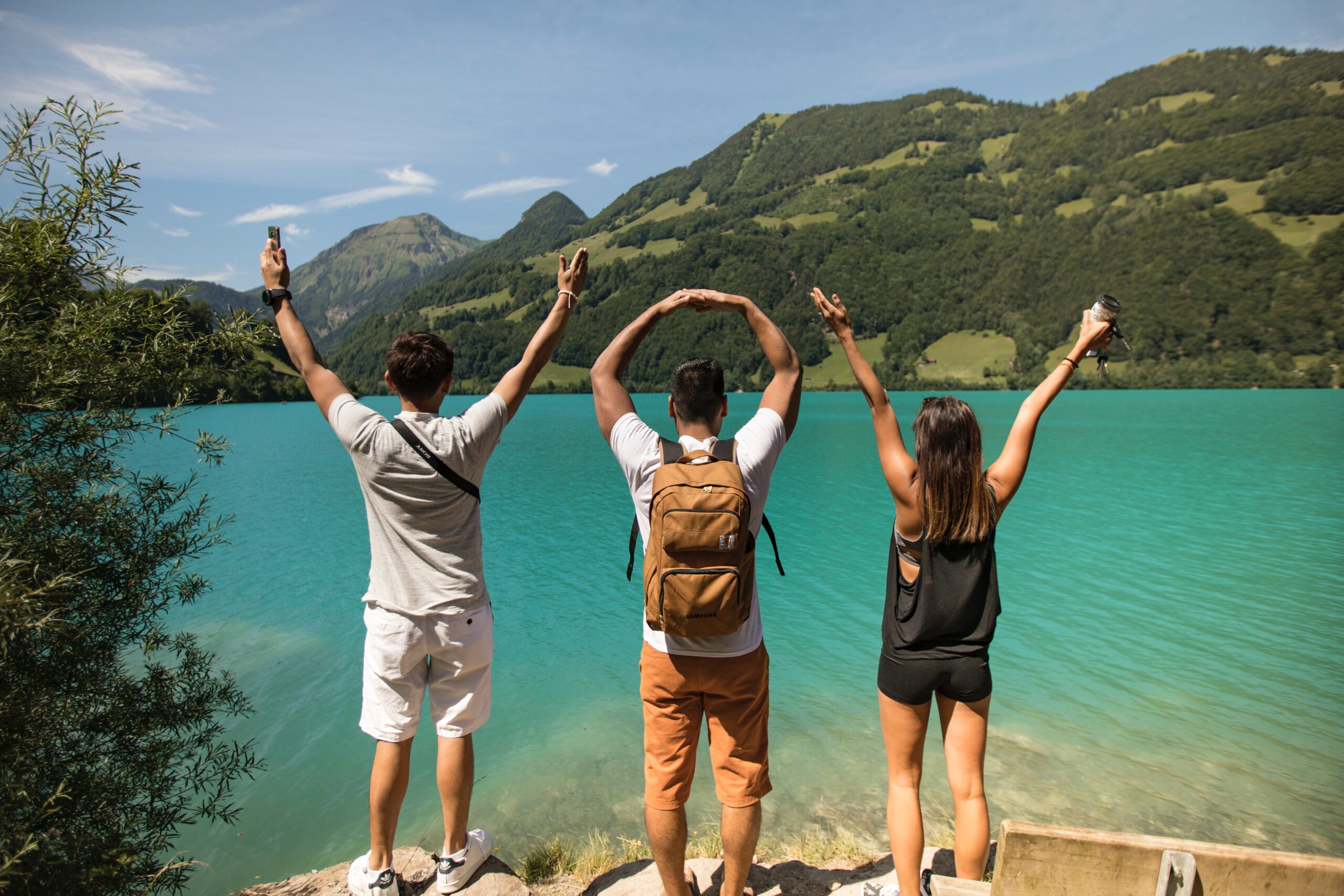Introduction
Contents
Traveling the world is a dream for many, but the idea of emptying your savings account can often be a deterrent. Fortunately, you don’t need to be wealthy to explore the globe. With some smart planning, resourcefulness, and a sense of adventure, you can see the world on a budget. This blog will guide you through detailed strategies, hacks, and insider tips that can help every explorer—from seasoned backpackers to first-time travelers—make the most of their journeys without breaking the bank.
1. Planning Smart: The Foundation of Budget Travel

A. Set a Realistic Budget Start with a clear idea of how much money you can spend overall and on a daily basis. Use apps like Trail Wallet or Mint to track your expenses and stay on course.
B. Research Destinations Choose countries or cities where your money goes further. Southeast Asia, Eastern Europe, and parts of Central America offer excellent experiences at low costs.
C. Off-Season Travel Traveling during the off-season means cheaper flights, accommodation, and fewer crowds. For example, Europe in the winter or tropical destinations during the rainy season often offer substantial savings.
D. Visa Costs Factor in visa requirements and fees. Some countries allow free or low-cost entry, while others may require pricey visas. Research thoroughly before planning your itinerary.
2. Flights: Finding the Best Deals

A. Use Fare Comparison Websites Use tools like Skyscanner, Google Flights, and Momondo to compare airfares across multiple airlines. Set fare alerts to get notified when prices drop.
B. Be Flexible with Dates and Airports If you can be flexible with your travel dates and departure/arrival airports, you can score huge savings. Flying mid-week or at odd hours is usually cheaper.
C. Consider Budget Airlines Low-cost carriers like Ryanair, AirAsia, and Frontier Airlines often have unbeatable deals. Watch out for additional fees on luggage and meals.
D. Book in Advance or Last Minute Sometimes booking far in advance can save money; other times, last-minute deals offer major discounts. Sign up for airline newsletters to get the best offers.
3. Accommodation: Sleeping Cheap but Comfortable

A. Hostels and Guesthouses These are ideal for budget travelers, especially solo explorers. Websites like Hostelworld and Booking.com can help you find highly-rated options.
B. Couchsurfing and House Sitting Stay with locals for free via Couchsurfing or take care of someone’s home through platforms like TrustedHousesitters.
C. Budget Hotels and Homestays In many developing countries, budget hotels and local homestays offer authentic experiences at affordable rates.
D. Long-Term Rentals If you’re staying in one place for a while, consider renting an apartment through Airbnb or local rental platforms.
4. Food and Drink: Eat Like a Local

A. Street Food Street food is not only cheap but also delicious and authentic. It’s a great way to experience local cuisine.
B. Cook Your Own Meals Stay in places with kitchen access and buy groceries from local markets. It’s healthier and saves money.
C. Local Restaurants Over Tourist Traps Avoid restaurants near tourist attractions. Instead, ask locals for recommendations or use apps like Zomato and Yelp.
D. Water and Beverages Carry a reusable water bottle. In places where tap water isn’t safe, use purification tablets or filtered bottles.
5. Transportation: Getting Around for Less

A. Public Transportation Buses, trains, and subways are far cheaper than taxis. Many cities offer day passes or tourist cards for unlimited travel.
B. Walk or Bike Walking or renting a bike is not only budget-friendly but also lets you discover hidden gems.
C. Rideshare and Carpool Use apps like BlaBlaCar or local Facebook groups to share rides between cities.
D. Budget Airlines and Overnight Buses For long distances, consider budget airlines or overnight buses to save on both transport and accommodation.
6. Activities and Sightseeing: Fun Without the Fortune

A. Free Walking Tours Many cities offer free walking tours led by local guides. These are often tip-based and provide rich insights into the culture and history.
B. City Passes Tourist passes can save money if you plan to visit multiple attractions. Check if it includes public transport.
C. Nature and Outdoor Activities Hiking, swimming, and exploring nature are usually free or very low-cost.
D. Museums and Attractions on Discount Days Many museums have free or discounted entry on specific days. Plan your visits accordingly.
7. Work and Travel: Earn While Exploring

A. Remote Work and Freelancing Digital nomads can earn online while traveling. Websites like Upwork, Fiverr, and Freelancer are good starting points.
B. Volunteer Programs Organizations like Workaway, WWOOF, and HelpX connect travelers with hosts who offer free accommodation and food in exchange for help.
C. Teach English Abroad Teaching English in countries like China, South Korea, and Vietnam can be a rewarding and well-paying opportunity.
D. Seasonal Jobs Work in hostels, summer camps, or on farms. It’s a great way to immerse yourself in local culture.
8. Money-Saving Travel Tools and Apps

A. Currency Conversion Apps Apps like XE Currency help you understand how much you’re really spending.
B. Offline Maps and Translators Download maps and language translation tools to avoid roaming charges and communication issues.
C. Travel Budget Trackers Use tools like Trail Wallet, TravelSpend, or Mint to monitor your expenses in real-time.
D. Local SIM Cards or eSIMs Avoid international roaming fees by purchasing local SIM cards or using eSIM options.
9. Travel Insurance: Don’t Skip It

A. Affordable Insurance Options Companies like SafetyWing and World Nomads offer budget-friendly insurance tailored for travelers.
B. What to Cover Ensure your insurance includes medical coverage, trip cancellation, theft, and COVID-related disruptions.
C. Compare Policies Use comparison websites like InsureMyTrip to find the best deals for your needs.
10. Sustainable and Ethical Budget Travel

A. Support Local Businesses Spend your money where it makes a difference—locally-owned restaurants, markets, and accommodations.
B. Minimize Waste Travel with reusable bags, water bottles, and utensils.
C. Respect Local Cultures Learn basic phrases, follow dress codes, and understand customs.
D. Carbon Offsetting Consider offsetting your carbon footprint by supporting environmental projects.
Conclusion
Traveling the world on a budget is not only possible—it can be deeply enriching and life-changing. By planning wisely, embracing flexibility, and using the right tools, you can unlock unforgettable experiences without spending a fortune. Whether you’re hiking the Andes, eating noodles in Bangkok, or exploring ancient ruins in Eastern Europe, remember that the true essence of travel lies in discovery, not in luxury. Pack your curiosity, an open heart, and these tips, and you’re ready to explore the world—one budget-friendly adventure at a time.
FAQs
Is it really possible to travel the world on a budget?
Yes, with proper planning, research, and a flexible mindset, you can travel to many countries at a fraction of the typical cost.
What is the cheapest country to travel to?
Some of the most budget-friendly countries include Vietnam, India, Cambodia, Bolivia, and Albania.
How do I manage money while traveling internationally?
Use a combination of cash, international debit/credit cards with no foreign transaction fees, and currency conversion apps to track spending.
Is Couchsurfing safe?
Couchsurfing can be safe if you read reviews, verify host profiles, and take basic precautions. Always trust your instincts.
Should I always book in advance?
Book flights and accommodation in advance during peak seasons. Otherwise, last-minute deals can save money.
How do I stay connected abroad affordably?
Buy a local SIM card or use an eSIM. Free Wi-Fi in cafes, hostels, and public places also helps reduce data usage.
Can I travel solo on a budget?
Absolutely! Solo travel can be budget-friendly and rewarding. Stay in hostels, join group tours, and connect with fellow travelers.
How do I find cheap or free things to do?
Look for free walking tours, museum free days, outdoor activities, and local events through travel blogs, forums, and apps like Meetup.
What if I run out of money while traveling?
Look for short-term work opportunities, freelancing gigs, or volunteer exchanges that offer food and lodging in return.
Is travel insurance worth it?
Yes, it’s crucial. Even budget travelers should not skip it—it protects you against accidents, theft, and unexpected medical expenses.

